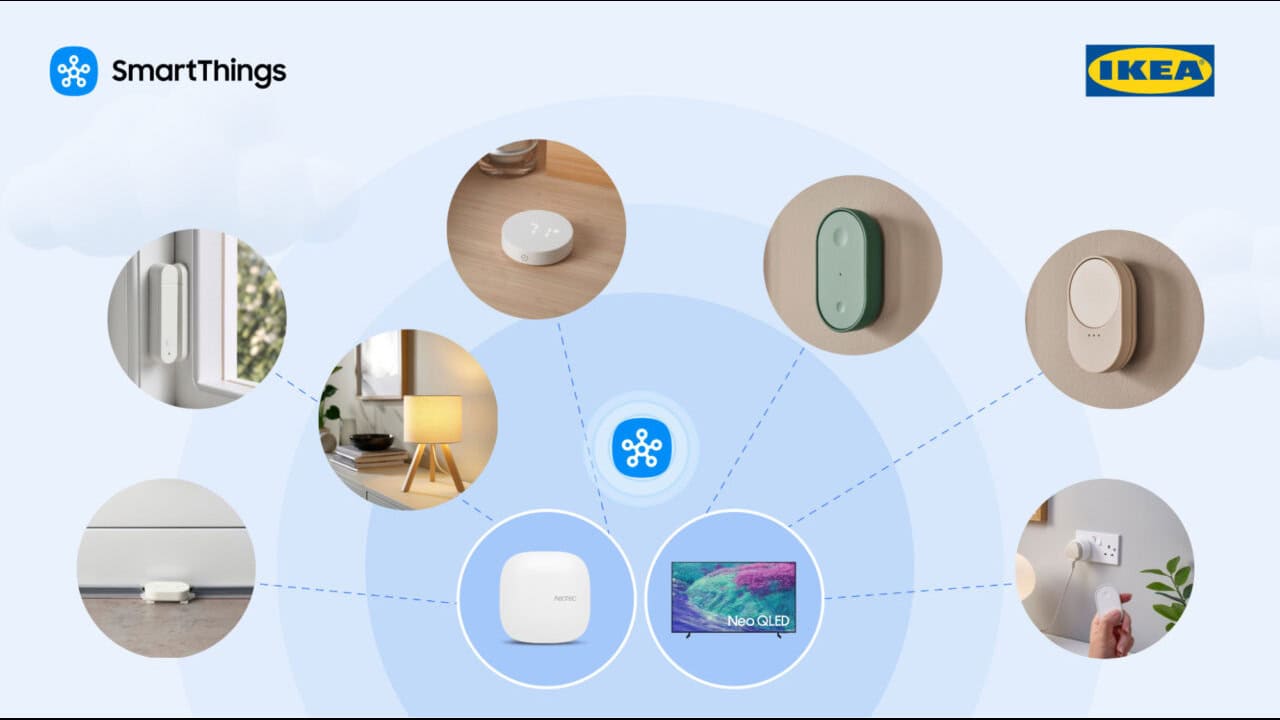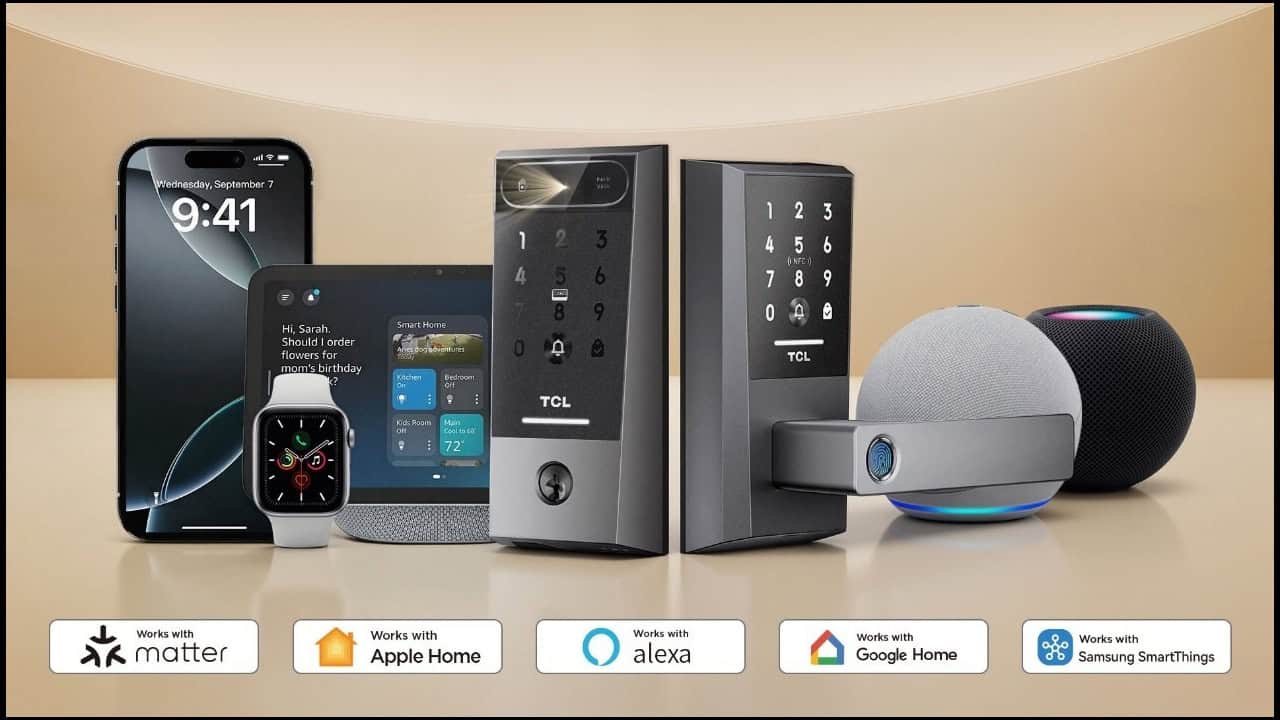Matter 1.4.2 is the latest update to the Matter standard, which is used by many smart home devices. This version brings several changes that aim to make smart home products more secure, easier to use, and simpler to set up. The update was created with feedback from both real-world use and industry standards, and it keeps all older Matter products working with new ones. Some features in this release need both device makers and other companies in the smart home business to work together to make sure users get the full benefit.
One of the main changes in Matter 1.4.2 is the support for Wi-Fi-only commissioning using Wi-Fi Unsynchronized Service Discovery. In the past, many devices needed Bluetooth Low Energy for setup. With this update, new devices can be added to a smart home network using just Wi-Fi. Device makers can now make products without Bluetooth hardware, which can lower costs and make designs simpler. Existing Wi-Fi-only devices can also be updated with new software instead of new hardware. For users, this means more choices and the same simple setup, even if a device does not have Bluetooth.
Security is a top concern for smart home devices, and Matter 1.4.2 includes a few new features in this area. Vendor ID verification lets the system check that each admin or controller is from the company it says it is, which helps stop fake devices from being added. Access Restriction Lists give network devices a way to limit who can change important settings, keeping out untrusted apps or services. The update also adds better support for Certificate Revocation Lists, so that any device found to be risky or compromised can be flagged and blocked during setup. These changes mean users have more protection against insecure or fake devices.
Scenes are another area that Matter 1.4.2 improves. Scenes allow users to control many devices at once with a single command, such as turning off all the lights when going to bed. The new update makes this feature more standard and adds support for things like fading lights over time. It also helps cut down on the number of commands needed to control groups of devices, which should make scenes work faster and more smoothly in apps that use them.
The update also tries to make communication on smart home networks quieter and more efficient. As more devices are added to a home, too much data can slow things down. Matter 1.4.2 extends a feature called Quieter Reporting, which tells devices when they should send updates and when they should avoid sending too much information. This can help save battery life and make networks more stable, especially in homes with lots of smart devices.
Other changes in Matter 1.4.2 focus on making things easier for both users and developers. Devices that change their features after being set up can now let controllers know about these changes without needing to be reset. The update also fixes issues with device IDs, making sure each part of a device keeps the same ID no matter how many times it is set up or who is controlling it. For robot vacuums, the update sets a standard for how they should respond to commands, making them work more predictably with different brands and apps. There are also new rules for how many devices routers and access points should support, helping users build larger smart homes without running into problems.
Finally, Matter 1.4.2 brings updates to the way products are tested and certified. The update includes new and improved tests for things like valves, fans, and access control, and it makes the certification process clearer and more automatic. This should help companies get better products to market faster, and give users more choices that work well together. The group behind Matter plans to keep working on new releases, with another update expected later this year.
View the original press release.




